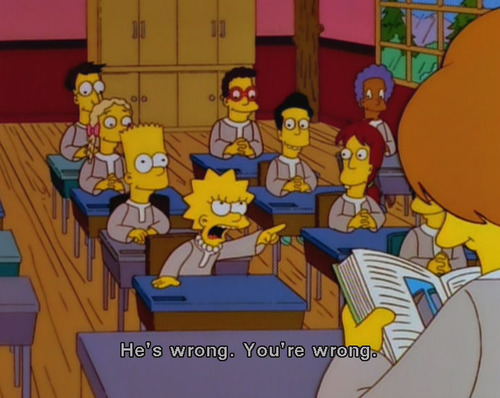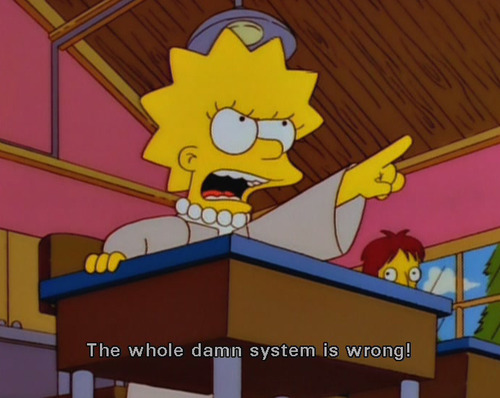
Next Thursday I will be hosting #ukedchat for the second time. I have selected a challenging and contentious question:
Are schools (as physical spaces) necessary to facilitate learning in the 21st century?
It is prompted by my feelings with regard to the current state of education in the UK. It is my contention that the current system of education is broken and that it will not be fixed if we continue to wait for others to do it for us.
Sir Ken Robinson in his closing speech at LWF12 talked about this specifically, reminding us that we (the teachers) are the education system. He argued that “we need to be part of the solution for the revolution and not part of the problem”. This is not easy though. Teachers are facing a diametrically opposed set of challenges. On the one hand they are being bombarded with negativity and criticism from a government, determined to stymie the revolution and return our education system to the Victorian era from which it was born. On the other hand, there are a plethora of social and technological shifts occurring that ask difficult questions of teachers and the education system:
- What is the purpose of education in the 21st century?
- What does attendance mean in the age of Web 2.0?
- How are new technologies and social media changing the way we learn?
- What is a teacher and what is their purpose?
- Can the web offer as good an education as that which is offered in schools?
- Can new learning models such as MOOCs, or new forms of accreditation, such as Mozilla’s ‘Open Badges’ project, offer equally valid and meaningful learning experiences; empowering the learner to circumvent the system?
And make no mistake, mainstream education is already being circumvented. Keri Facer reminds us of this in her book ‘Learning Futures: Education, Technology and Social Change’. She draws attention to the fact that schools, increasingly, find it difficult to define their sense of purpose due to the relentless push for them to focus on results and league tables. Creativity? Is off the agenda! Consequently, many groups are dissatisfied with the quality of education schools can offer. Tutoring, home-schooling, ‘free schools’ and truancy are all responses to this. Perhaps the message is that schools (in their current form) do not meet the needs of learners in the 21st century.
Therefore, I believe there is value in a discussion about schools and their role in education. In the face of social and technological change, are schools (as physical spaces) necessary? If not, what is the alternative? If yes, are they fine as they are or do they need to change to meet learners’ needs? Finally, if we believe change is necessary, what can we do to enact it?
It is this that I would like to explore on Thursday. I hope that you will be able to join me.
[Update: Saturday, 3 March] This was the 87th instalment of #ukedchat. You can read a summary of the discussion here and read/download a PDF archive of all the tweets here.


